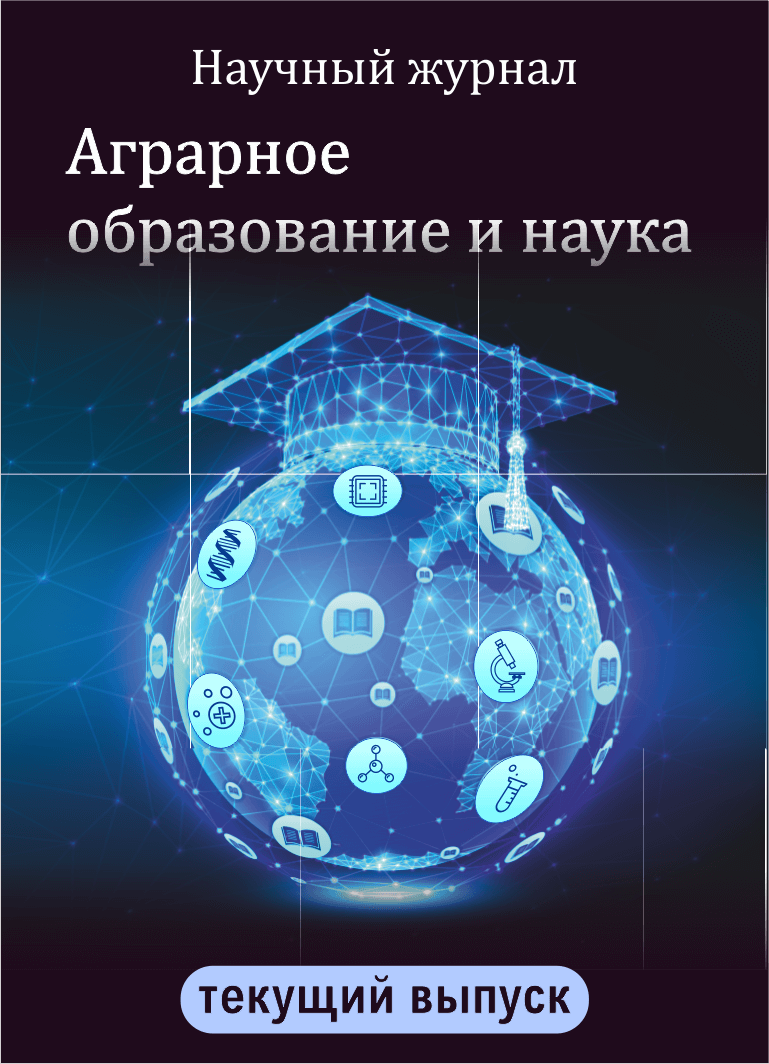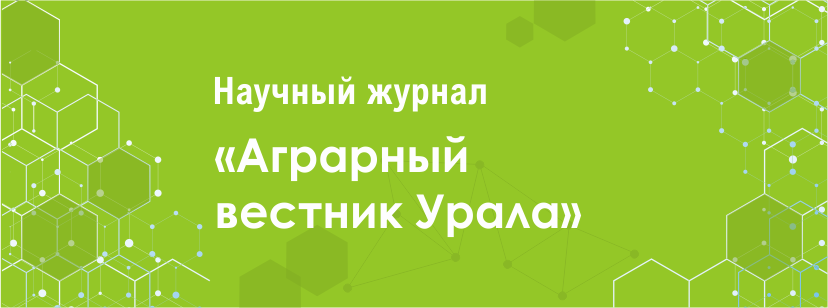N.F. Maht, starshiy prepodavatel Uralskogo gosudarstvennogo agrarnogo universiteta
(Ekaterinburg, Karla Libnehta, 42).
The article deals with current and new education the problem of dual training which is the most prospective direction in training middle managers as participants in the economy with the participation of big business with high-tech production oriented on the international standards of quality of products and training. This article provides an analysis of the activities of the College and of the company in terms of social partnership, the directions of development of the latter. Summarizes the differences between the dual and traditional training systems. For example, the foreign educational institutions the article describes the positive aspects of the implementation of the dual training, both for enterprises and for trained mid-level professionals in the dual education system. The level of training of personnel determines the effectiveness of programmes of economic restructuring, expanding production of goods and services, their competitiveness on domestic and foreign markets. The lack of qualified personnel is one of the key constraints in the context of ambitious state policy on development of Russian industry, prevent the modern Russian industry to develop dynamically and systematically enhance its investment attractiveness.
References
1. Voronin B. A., Fateeva N. B. Obespechenie kvalifitsirovannymi spetsialistami APK: sotsialno – ekonomicheskie problemy (na primere Sverdlovskoy oblasti) // Agrarnyy vestnik Urala. 2014. # 11. S.60-62.
2. Voronin B. A., Fateeva N. B. O podgotovke kadrov s vysshim professionalnym obrazovaniem dlya APK // Agrarnyy vestnik Urala. 2015. # 2 (132). S. 77-79.
3. Chupina I. P. Formirovanie obschey strategii marketinga vuza kak vybor strategii obrazovatelnyh uslug. V sbornike: Nauka segodnya: teoriya, praktika, innovatsii sbornik XI Mezhdunarodnoy nauchno-prakticheskoy konferentsii. 2016. S. 976-979.
4. Chupina I. P. Aktualnye problemy obrazovaniya v Rossii. V sbornike: Pedagogika i psihologiya v kontekste sovremennyh issledovaniy problem razvitiya lichnosti. Sbornik materialov XI Mezhdunarodnaya nauchno-prakticheskaya konferentsiya. 2016. S. 16-18.
5. Chupina I. P., Mingalev V. D., Kamenskih N. V. Gosudarstvennaya kadrovaya politika v agropromyshlennom komplekse // Agrarnyy vestnik Urala. 2016. # 6 (148). S. 111 – 116.
6. Yugfeld E.A. Dualnaya model obucheniya v usloviyah chastno-gosudarstvennogo partnerstva kak zalog uspeshnoy professionalnoy adaptatsii vypusknika kolledzha / Prilozhenie k zhurnalu «Srednee professionalnoe obrazovanie». 2015. # 1. S. 3 - 9.











